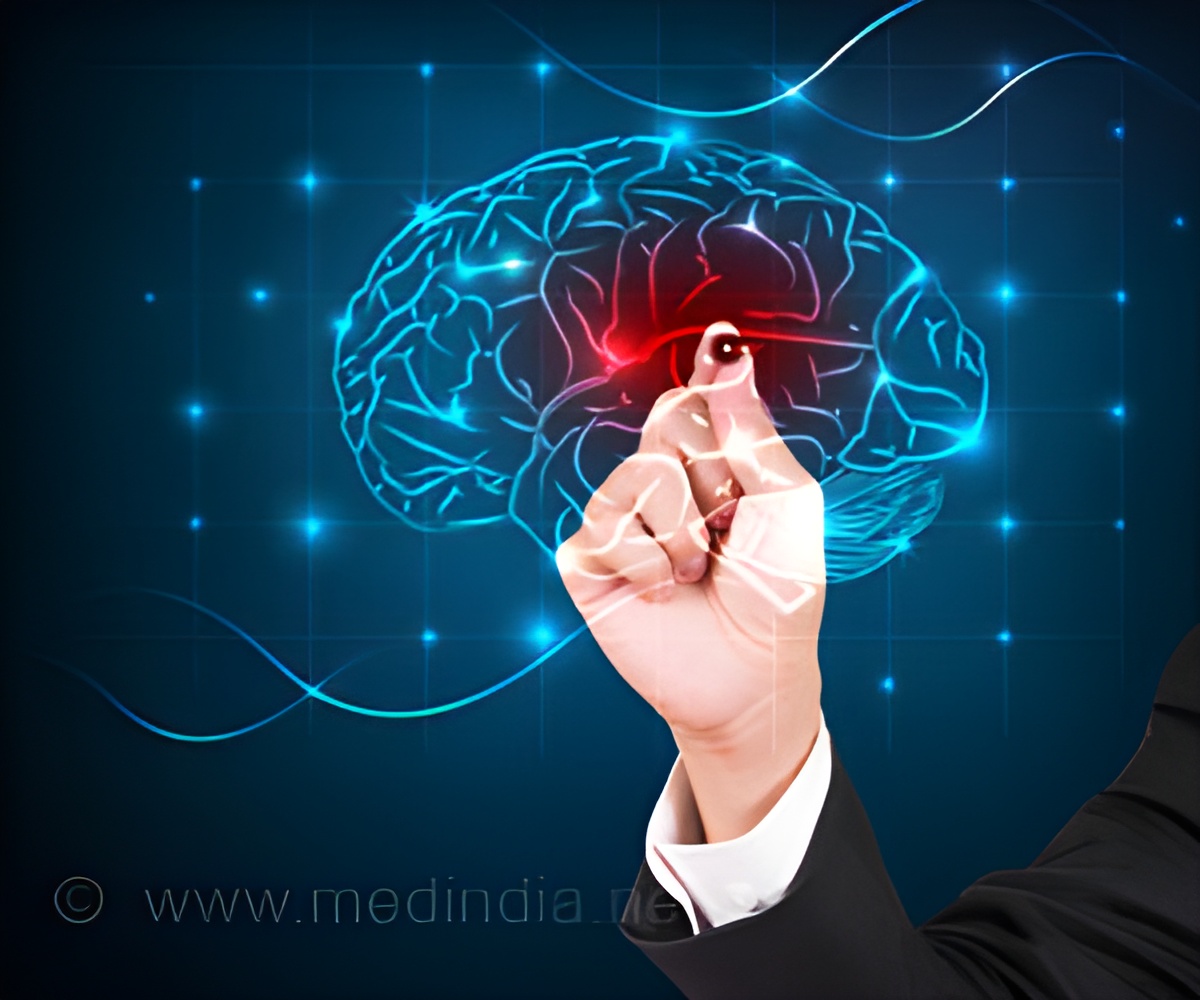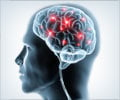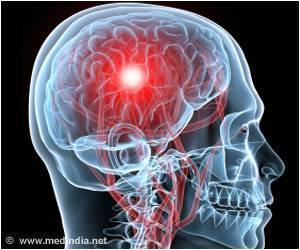Post-stroke recovery is estimated by genetic variants, said new study. Ischemic stroke is the most common form of stroke, in which a blood clot causes a lack of oxygen in a region of the brain.

TOP INSIGHT
Our genes may have a bearing not only on our stroke risk, but probably also on how well we recover after stroke.
Those assigned to the second group were, three months after their stroke onset, able to cope unaided. By comparing analyses of the patients' genomes, the researchers were able to find several different genetic variants that appear to have played a part in the patients' outcomes.
"One of the common genetic variants we found was significant -- that is, clearly associated with a worse outcome in the large volumes of data we were able to access," says Annie Pedersen, a PhD student at Sahlgrenska Academy, University of Gothenburg, one of the lead authors of the study.
The genetic variant identified can be linked to another gene that is part of a major process involved in brain plasticity, which is the nerve cells' ability to adapt and take over functions when other nerve cells in the brain die.
The study took into account several other factors -- age, sex and the extent of the patient's brain damage -- that can also affect outcome after stroke. After adjustment for these factors, the association remained between the genetic variant and elevated risk of being in the group of patients who still, three months after the stroke onset, were unable to manage without assistance.
Our limited knowledge of why some patients recover well while others incur lasting functional impairments after the same type of stroke has made it difficult to develop new treatment methods, thinks Professor Christina Jern of Sahlgrenska Academy, who ran the study in collaboration with Professor Arne Lindgren of Lund University.
Last year saw the publication of a study from an international research collaboration in which analyses of data from half a million people, 60,000 of them with stroke, resulted in 22 completely new genetic regions being linked to elevated risk of developing stroke.
The current study is relatively small in the context. But the plan is, through the international research network, to successively include more patients so as to be able to identify more genetic variants associated with the outcome after ischemic stroke.
Source-Eurekalert
 MEDINDIA
MEDINDIA




 Email
Email





